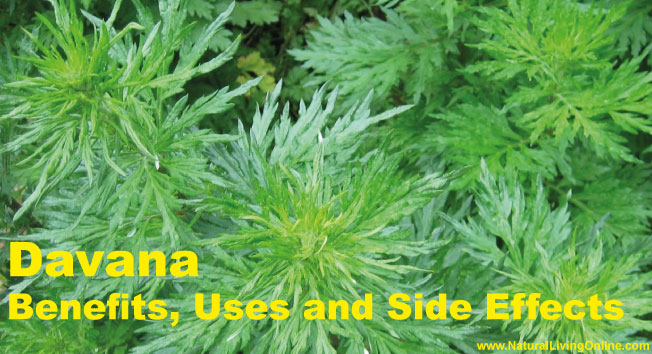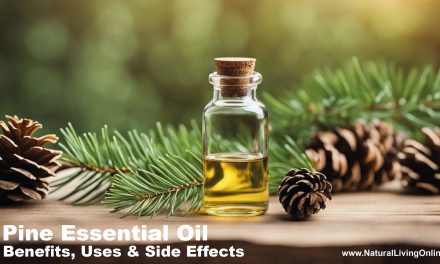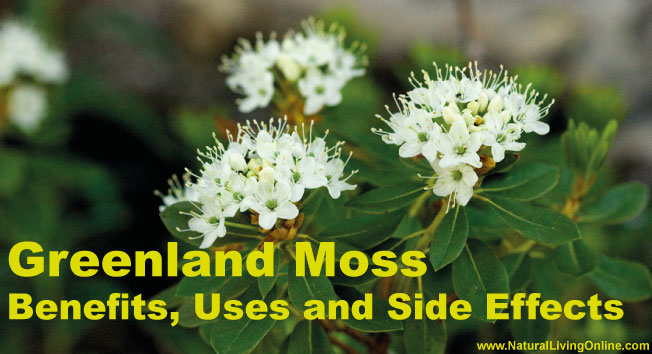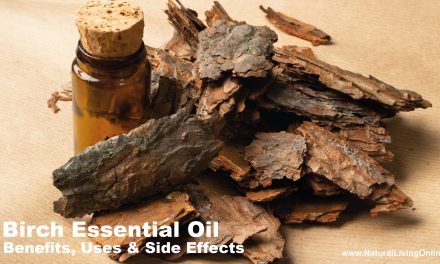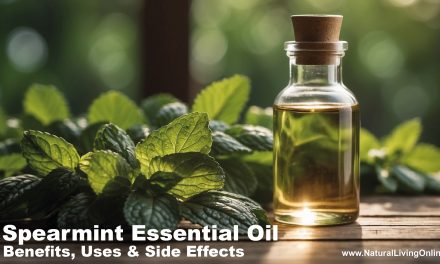Davana oil is extracted from the herb Artemisia pallens, which is also known as the “davana plant”. The davana plant is native to India, and has been used in traditional Indian medicine for centuries. Davana oil has a sweet, fruity aroma, and is used in aromatherapy and perfumery. Davana oil is said to have numerous benefits, including aiding digestion, relieving stress, and reducing inflammation. However, there is limited scientific evidence to support these claims. Additionally, davana oil may cause skin irritation in some people. Therefore, it is important to consult a healthcare provider before using davana oil.
What is Davana?
Davana (Artemisia pallens) is a plant native to India. The herb has been used in traditional Indian medicine for centuries. The davana plant is a perennial shrub that grows to a height of 2-3 feet. The plant has small, white flowers and feathery leaves. The davana plant is harvested in the summer, and the leaves and flowers are used to make davana oil.
Different types of Davana plants:
There are different types of Davana plants. The most common type is Artemisia pallens, which is also known as the “davana plant”. Other types of Davana plants include:
Artemisia absinthium: Commonly known as “wormwood”, this plant is native to Europe and Asia. Wormwood is used to make absinthe, a strong alcoholic beverage.
Artemisia vulgaris: Also known as “mugwort”, this plant is native to Europe and Asia. Mugwort is used in traditional Chinese medicine and is said to have numerous health benefits.
How Davana Essential Oil is made?
Davana oil is extracted from the herb Artemisia pallens, which is also known as the “davana plant”. The davana plant is native to India, and has been used in traditional Indian medicine for centuries.
What is the botanical name of Davana?
The botanical name of Davana is Artemisia pallens.
The chemical constituents of Davana essential (Davana Essential Oil Monograph):
The chemical constituents of Davana essential oil are:
Bisabolene: 2.42%
bisabolen-3-ol: 5.03%
Bisabolol: 26.9%
Farnesene: 0.81%
Geranial: 0.36%
Neral: 0.43%
α-terpineol: 7.49%
Terpinen-4-ol: 2.13%
Traces of β-eudesmol, farnesol, geranyl acetate, linalool, nerolidol and pinene.
What are the benefits Davana Essential Oil?
Davana essential oil is said to have numerous benefits, including aiding digestion, relieving stress, and reducing inflammation. However, there is limited scientific evidence to support these claims.
What are the side effects of Davana essential oil?
Davana oil may cause skin irritation in some people. Therefore, it is important to consult a healthcare provider before using davana oil. Davana essential oil should not be used by pregnant or breastfeeding women.
Possible drug interactions:
There are no known drug interactions with davana oil.
What are ways to use Davana Essential Oil?
Davana essential oil is used in aromatherapy and perfumery.
Can I use Davana Essential Oil internally?
Davana essential oil should not be used internally.
How can I use Davana Essential Oil topically?
To use davana oil topically, mix 5-10 drops of davana oil with a carrier oil such as jojoba oil or coconut oil. Apply the mixture to the skin and massage gently.
How Davana Essential Oil helps in aromatherapy?
Davana oil has a sweet, fruity aroma, and is used in aromatherapy. Davana essential oil is used in diffusers and vaporizers to fill the air with its pleasant fragrance.
Great Essential Oil diffuser blends for aromatherapy with Davana Essential Oil:
Davana oil can be used in diffusers and vaporizers to fill the air with its pleasant fragrance. Here are seven great essential oil diffuser blends that include davana oil:
Relax: 3 drops lavender oil, 2 drops davana oil, 2 drops chamomile oil
Focus: 3 drops rosemary oil, 2 drops davana oil, 2 drops peppermint oil
Energize: 3 drops grapefruit oil, 2 drops davana oil, 2 drops lemon oil
Calm: 3 drops ylang ylang oil, 2 drops davana oil, 2 drops lavender oil
De-stress: 3 drops bergamot oil, 2 drops davana oil, 2 drops chamomile oil
Refresh: 3 drops peppermint oil, 2 drops davana oil, 2 drops grapefruit oil
Balance: 3 drops rosemary oil, 2 drops davana oil, 2 drops ylang ylang oil
How can I use Davana Essential Oil in bath?
To use davana oil in the bath, add 5-10 drops of davana oil to a tub of warm water. Mix well and soak in the tub for 20 minutes.
Historical use of Davana as a herbal medicine:
Davana has been used in traditional Indian medicine for centuries. It is said to have numerous health benefits, including aiding digestion, relieving stress, and reducing inflammation. However, there is limited scientific evidence to support these claims.
What blends well with Davana Essential Oil?
Davana essential oil blends well with bergamot, chamomile, grapefruit, lemon, lavender, peppermint, rosemary, and ylang ylang essential oils.
What does Davana Essential Oil smell like?
Davana essential oil has a sweet, fruity aroma.
Can I make Davana Essential Oil at home?
You can make davana oil at home by steam distilling the leaves and flowers of the davana plant.
What is the shelf life of Davana Essential Oil?
Davana essential oil has a shelf life of 2-3 years.
Is Davana Essential Oil safe for kids?
Davana essential oil is not recommended for use by children.
Is Davana Essential Oil safe for pets?
Davana essential oil is not recommended for use by pets.
DIY recipes using Davana Essential Oil:
Relaxing Bath Blend: Add 5 drops of davana oil to a tub of warm water. Mix well and soak in the tub for 20 minutes.
Stress Relief Diffuser Blend: Add 3 drops of lavender oil, 2 drops of davana oil, and 2 drops of chamomile oil to a diffuser or vaporizer.
Pain Relief Massage: Mix 5-10 drops of davana oil with a carrier oil such as jojoba oil or coconut oil. Apply the mixture to the skin and massage gently.
Air Freshener: Add 3 drops of davana oil with 3 drops of lavender and 3 drops of peppermint essential oil to a spray bottle filled with water. Shake well and use as a natural air freshener.
Linen Spray: Add 3 drops of davana oil and 3 drops of lavender essential oil to a spray bottle filled with water. Shake well and use to freshen sheets and towels.
This website does not provide medical advice.
All information provided on this website, and on associated social media networks, including but not limited to texts, images, and numbers are for general information purpose only. It is not intended as medical advice and it does not include all possible precautions, side effects, or interactions that may occur. Neither NaturalLivingOnline.com nor its author/founder take responsibility for how you use this information. Statements contained on NaturalLivingOnline.com have not been evaluated by the FDA. You should conduct thorough research via multiple sources and consult your physician or qualified doctor before using any essential oil or herbal remedy. Information on NaturalLivingOnline.com must not be relied upon for medical, legal, financial or other decisions.

